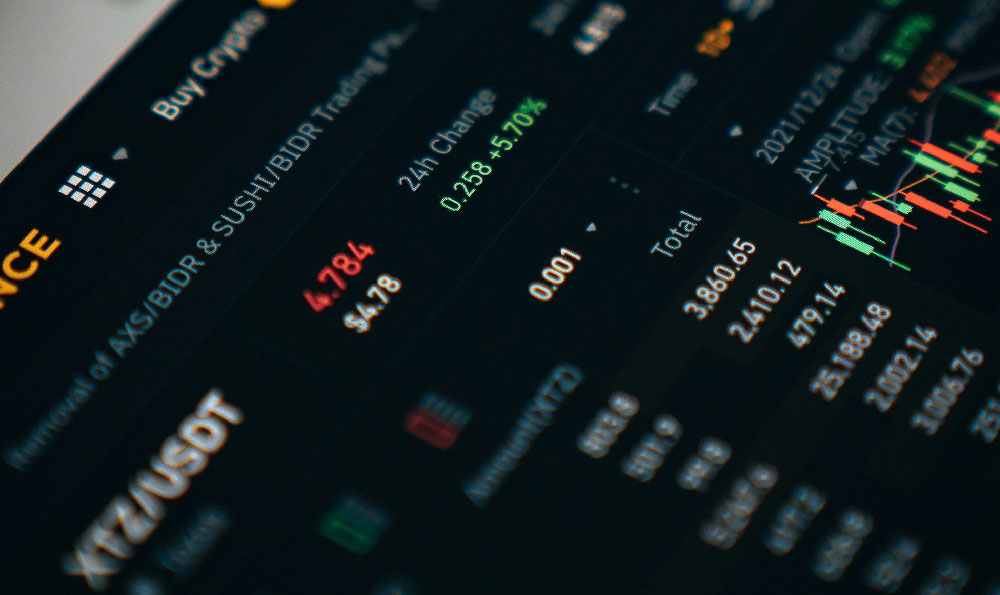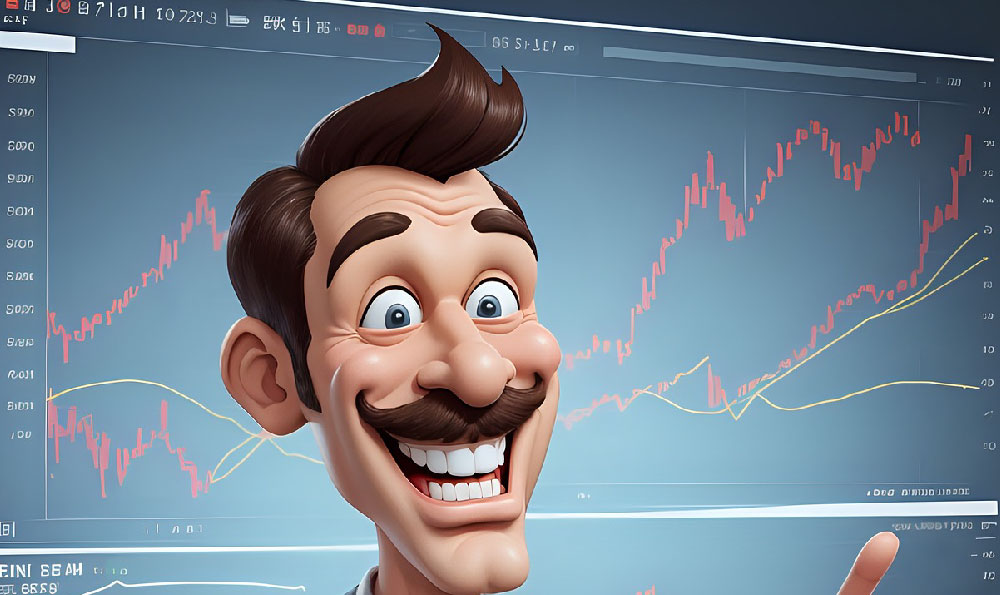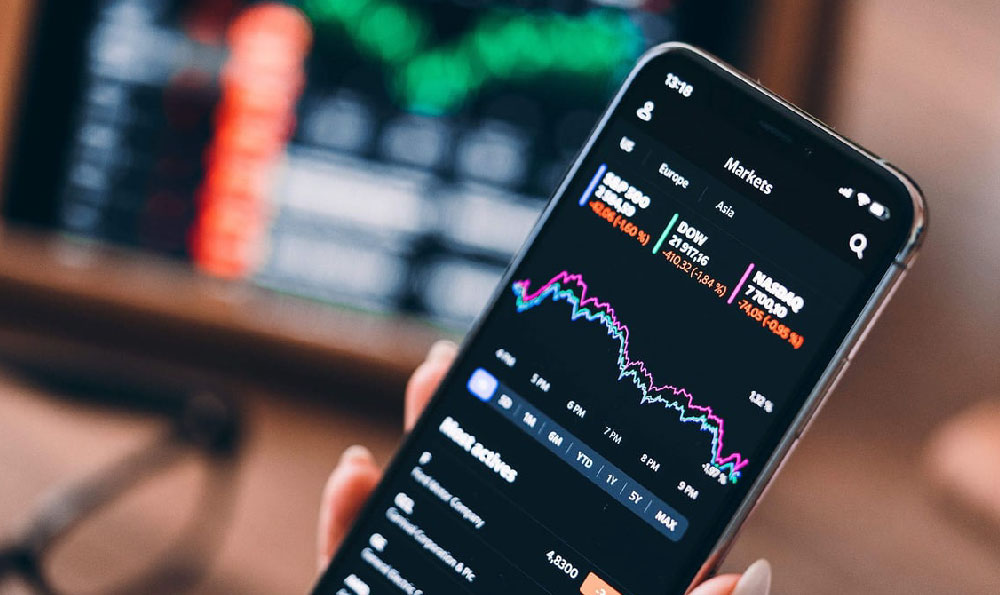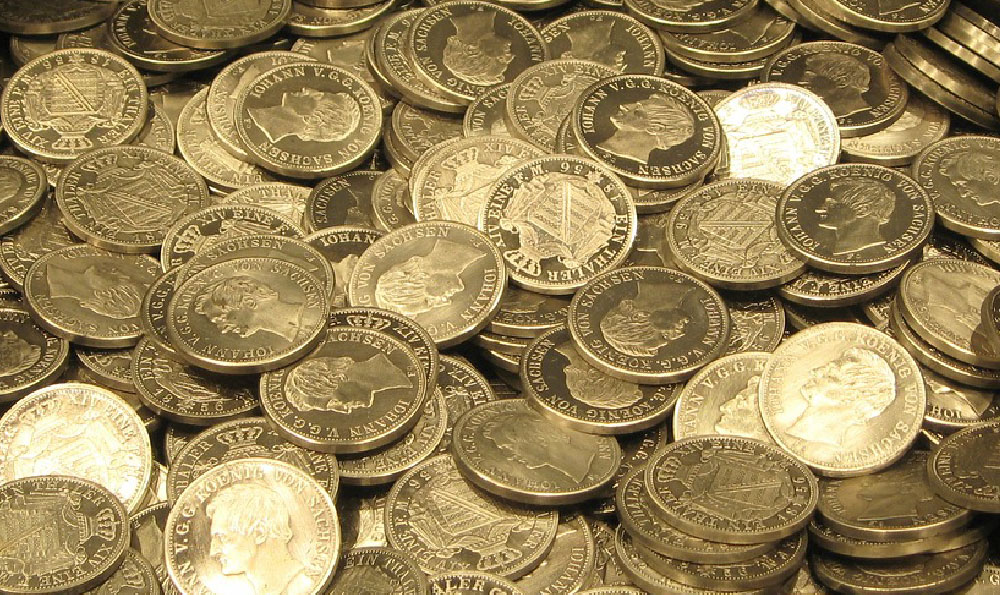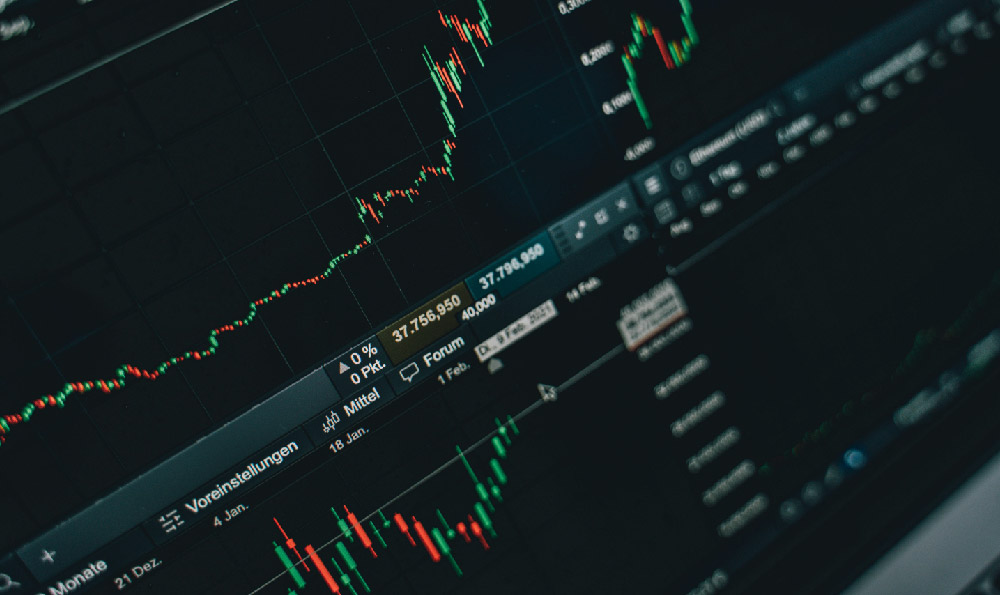Which athlete earns the most money? And why?
Okay, I understand. Here's an article exploring which athletes tend to earn the most and the underlying reasons, written as a comprehensive explanation rather than a series of bullet points or numbered arguments.
The question of which athlete earns the most is complex, and the answer isn't always straightforward. While names like Cristiano Ronaldo, Lionel Messi, and LeBron James consistently top the Forbes and Sportico lists of highest-paid athletes, the landscape is constantly shifting, and the specific breakdown of earnings – salary, endorsements, investments, and other ventures – is crucial to understanding their immense wealth. To truly understand who reigns supreme in the world of athlete earnings, we must delve into the factors that contribute to their financial success.
One of the primary drivers is, of course, on-field or on-court performance. Athletes who consistently excel in their respective sports, achieving MVP awards, championships, and record-breaking feats, become incredibly valuable to their teams. This translates directly into higher salaries and more lucrative contracts. Teams are willing to invest heavily in players who can deliver consistent wins and generate significant revenue through ticket sales, merchandise, and broadcasting rights. Performance, however, is merely the foundation.

Beyond raw talent and athletic prowess, marketability plays an even more significant role in determining an athlete's earning potential. This encompasses several interconnected factors. First is the popularity of the sport itself. Global sports like soccer and basketball command massive audiences, and athletes competing at the highest levels in these sports automatically gain access to a broader and more lucrative endorsement market. The sheer number of fans worldwide translates into a higher demand for their endorsements and merchandise.
Secondly, an athlete's personality and image are paramount. Athletes who project a positive, relatable, and inspiring image are more attractive to brands seeking endorsement deals. Charisma, philanthropic efforts, and a clean off-field record are all contributing factors. Companies are wary of associating their brands with athletes who have controversial public personas or a history of legal troubles, as such associations can damage their reputation. The "likability factor" is crucial in securing endorsements from major corporations.
The ability to transcend their sport is another crucial component of marketability. Athletes who manage to capture the attention of the mainstream media, even among people who aren't necessarily fans of their sport, have a significant advantage. This can be achieved through captivating stories, inspirational backstories, or by engaging in activities that appeal to a wider audience. For example, athletes who actively use social media to connect with fans, share their personal lives, and promote their brand are more likely to attract endorsement opportunities.
Endorsement deals are often the most significant source of income for top athletes, often exceeding their base salaries. These deals can range from apparel and footwear to automobiles, beverages, and financial services. The value of an endorsement deal is determined by the athlete's marketability, the size of their fan base, and the reach of the brand they are endorsing. Athletes who are able to build strong, long-term relationships with brands can earn millions of dollars annually from these endorsements.
Furthermore, strategic investments and business ventures are increasingly becoming important sources of income for top athletes. Many athletes are now actively involved in investing in startups, real estate, and other businesses. Some even launch their own businesses, leveraging their personal brand to create and market products and services. These ventures provide athletes with a source of income that is independent of their athletic careers and can provide a secure financial future after they retire.
Geography also plays a role. Athletes playing in major markets like Los Angeles, New York, and London have access to larger endorsement opportunities and higher salaries. These cities are home to a concentration of major corporations and media outlets, which increases the visibility and marketability of athletes playing there.
The influence of agents and management teams is another factor to consider. Skilled agents can negotiate more lucrative contracts, secure better endorsement deals, and manage an athlete's public image. They play a crucial role in maximizing an athlete's earning potential. The best agents understand the intricacies of the sports industry and have a strong network of contacts within the corporate world.
Looking at specific examples, Cristiano Ronaldo consistently ranks among the highest-paid athletes due to his exceptional soccer skills, global popularity, and prolific endorsement deals. Lionel Messi shares similar attributes. LeBron James, with his dominance in basketball, entrepreneurial spirit, and significant endorsement portfolio, also holds a prominent position. The common thread among these athletes is a combination of exceptional talent, widespread appeal, and savvy business acumen.
In conclusion, the athlete who earns the most money is not simply the one with the most talent or the highest salary. It is the athlete who best combines exceptional athletic performance with a strong personal brand, widespread marketability, and shrewd business decisions. The landscape is constantly evolving, but the ability to transcend the sport, build a strong personal brand, and leverage endorsement opportunities remains the key to maximizing earning potential in the world of professional sports. It is a delicate balance between on-field success and off-field appeal that ultimately determines who reaches the pinnacle of financial success in the competitive world of athletics.


